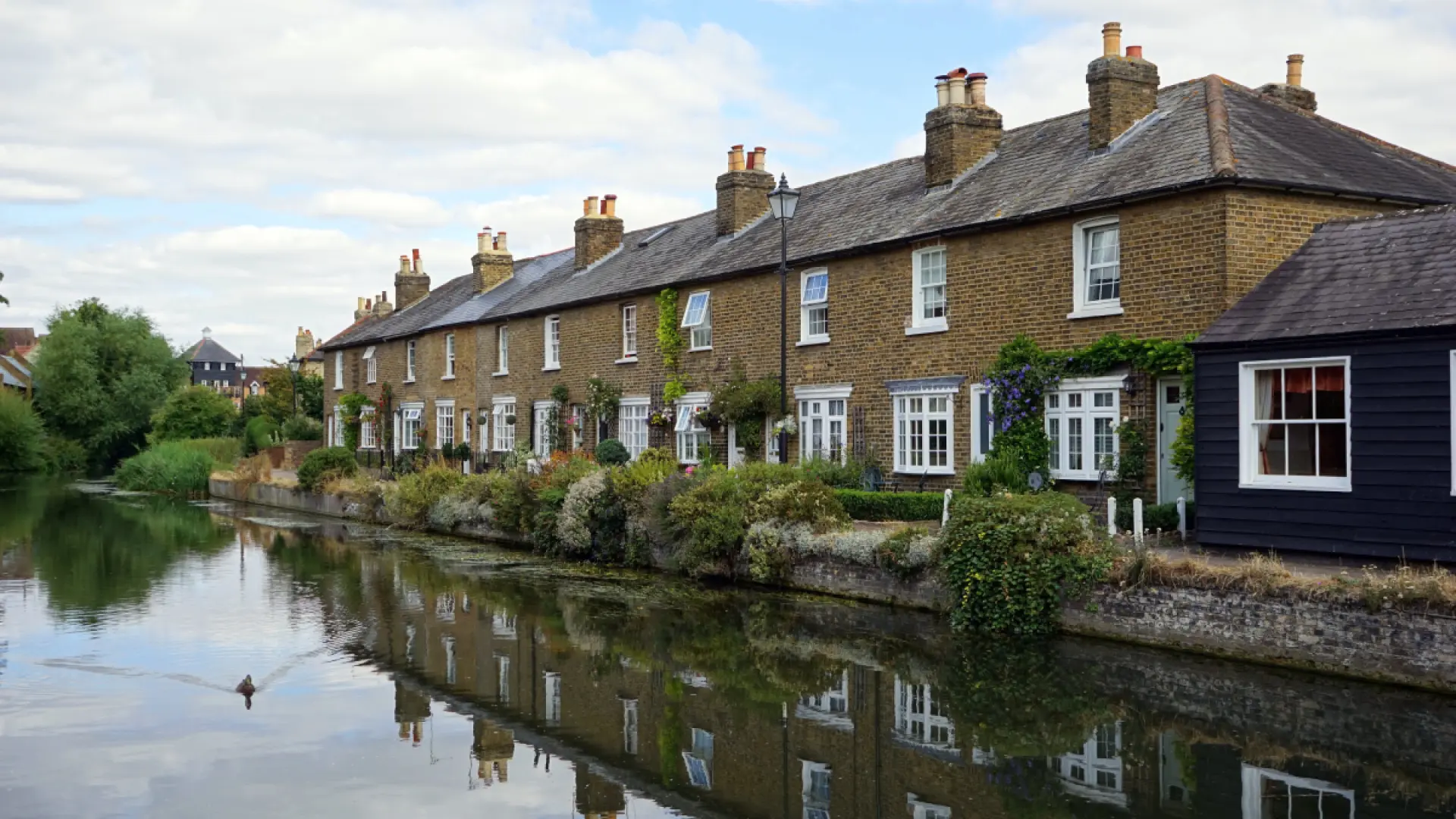Setting a Realistic Budget
Before searching for a home, it’s crucial to determine how much you can afford. Start by assessing your income, savings, and monthly expenses to understand what mortgage repayments will be manageable. Many lenders recommend that housing costs, including mortgage payments, do not exceed 30-35% of your monthly income.
Consider saving for a deposit, as a higher deposit can lead to better mortgage rates. Factor in stamp duty, legal fees, and moving costs to avoid unexpected expenses. Using an online mortgage calculator can help estimate affordability. By setting a realistic budget, you can focus on properties within your financial reach, reducing stress and making the buying process smoother.
Understanding Mortgage Options
There are several mortgage types available, and understanding them can help you choose the best one. A fixed-rate mortgage provides stability, keeping monthly payments the same for a set period, while a variable-rate mortgage can fluctuate depending on interest rates.
First-time buyers may also qualify for government schemes, such as Help to Buy or Shared Ownership, which make homeownership more accessible.
Before committing, compare different mortgage deals and seek advice from a mortgage broker to ensure you secure the most suitable option. Checking your credit score in advance can also improve your chances of approval and help you access better interest rates.

Lenders assess affordability by looking at your income, employment status, and financial commitments. A larger deposit—typically 10-20% of the property price—can improve your chances of getting a favourable mortgage deal with lower interest rates. It’s also important to understand how interest rates work.
Fixed-rate mortgages provide predictable repayments, making budgeting easier, while tracker or discount mortgages can fluctuate based on the Bank of England’s base rate. Mortgage terms usually range from 25 to 35 years, and choosing a shorter term means higher monthly payments but less overall interest paid Early repayment charges, overpayment options, and flexibility in mortgage terms should also be considered to ensure the mortgage suits your financial situation in the long run.
Essential Property Features to Consider
When choosing your first home, think about both your immediate needs and long-term plans. Consider the location, nearby amenities, and transport links to ensure the property suits your lifestyle. Look at the number of bedrooms, storage space, and the overall layout to check if it meets your requirements.
Energy efficiency, heating systems, and insulation should also be reviewed, as these factors impact running costs. Future resale value is another important aspect—properties in desirable areas or with potential for improvements tend to hold value better. Viewing multiple properties and making a checklist can help you stay focused on what truly matters.
Understanding Additional Costs Beyond the Purchase Price
Buying a house involves more than just the purchase price. Be prepared for additional expenses such as stamp duty, solicitor fees, and property surveys. Surveys help identify structural issues, preventing costly repairs later. Mortgage arrangement fees, valuation costs, and removal expenses should also be factored into your budget.
If the property is leasehold, check service charges and ground rent obligations. Home insurance is another essential cost, required by most lenders before finalising a mortgage.
By accounting for these expenses in advance, you can avoid financial strain and ensure a smoother home-buying process.

Beyond the initial purchase, ongoing costs such as council tax, utility bills, and maintenance should not be overlooked. Unexpected repairs can arise, so setting aside a contingency fund can help cover issues like boiler breakdowns or roof repairs. If the property is part of a development with shared spaces, maintenance fees for communal areas may apply.
Additionally, first-time buyers should check whether they qualify for any stamp duty exemptions, as this can reduce upfront costs. Moving costs, including hiring a removal company, new furniture purchases, and potential redecoration, should also be considered. A well-planned budget that includes these ongoing expenses ensures financial stability after moving in.
How to Negotiate the Best Price
Effective negotiation can help you secure a better deal on your first home. Start by researching local property prices to understand market trends. If a property has been on the market for a while or needs repairs, use this as leverage to negotiate a lower price.
A strong mortgage agreement in principle can make you a more attractive buyer. Be prepared to walk away if the seller isn’t flexible, as there are always other options. Working with an experienced estate agent can also help you navigate negotiations effectively. Staying patient and confident during discussions can lead to significant savings.
Are you looking for home buyers surveys in Maidstone and Kent? If you have any questions regarding our services please simply get in touch to speak with our chartered surveyor.





